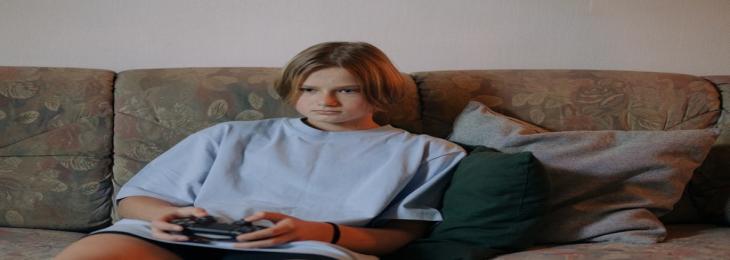Nov, 2021 - By WMR

A new research found that newly acquired motor skills can be enhanced by reactivation of memories during slow-wave sleep.
Scientists at Northwestern University established a deeper understanding of the link between brain function and sleep by showing the effects of sound cues during slow-wave sleep, improving the learning of new motor skills. The study somewhat matches another research from the same institute that explored an old idea where sleeping on a difficult problem helps find solutions to it by studying how sound cues help solve jigsaw puzzles while sleeping.
This new research used a technique called targeted memory reactivation (TMR) to study its effects on motor skills. The team assigned a task of playing a computer game to subjects, where they needed to move the cursor using specific muscles of arm. The command that moves the cursor in a specific direction was combined with a sound cue. Then subjects were asked to play the game with a blindfold, by following the sound cues to shift the cursor. After completing the training, the subjects slept for 90 minutes, while the team played half of the sound cues over the period of slow-wave sleep phase of the subjects to reactivate motor memories linked to every cue.
After the nap of 90 minutes, performance of the subjects was improved when it came to tasks resembling with the sound cues that were played during sleep. The subjects moved the cursor quicker and direct to the target and they also used extra arm muscles during the process. As per the scientists, targeted memory reactivation (TMR) while sleeping, contributes to learning of new motor skills. Moreover, they also found that sleep supports the development of new actions. These findings could be valuable in neurorehabilitation to help stroke patients recover.

We will be happy to help you find what you need. Please call us or write to us: